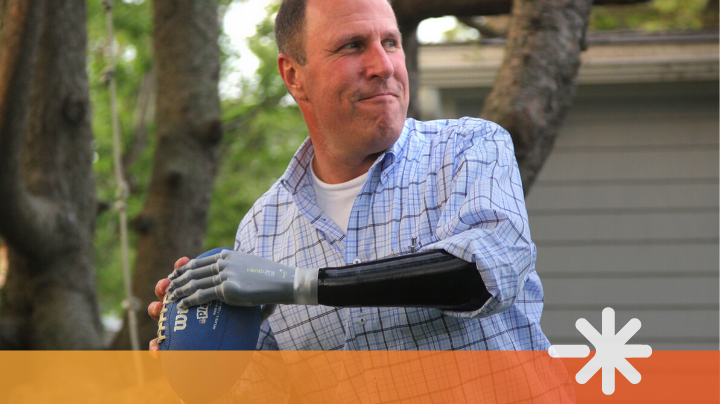Webinar: Multi-Grasp Terminal Device Specific Training – Session IV

Date and Time
Location
Virtual Event
This course is the fourth session in the series on multi-grasp terminal devices, and will feature a single patient use scenario.
There are a variety of hands, hooks, and fingers designed to help people with upper limb loss or limb difference complete everyday tasks. From eating to driving a car, there are different shapes, functionalities, and interfaces designed to help patients reach their goals.
Prosthetic hands and hooks can be complex, require power, or be made simply to enable a particular function. From high tech to low tech, they are all designed to provide benefits based on different functional needs and a patient’s individual style. This series is meant to provide you with a case by case look at solutions based on functional needs and helping patients get back to daily activity levels.
Objectives
Upon completion of this program, participant will be able to:
- Review pre-prosthetic therapy and prosthetic training concepts
- Demonstrate multi-grasp terminal devices as they relate to patient activities of daily living, including important points to consider
- Understand why communication between therapist, prosthetist and patient is critical in providing the patient with the most functional prosthesis
Speakers

Bambi Lombardi, OTR/L
Bambi has been a therapist for the past 35 years with a varied clinical background ranging from pediatrics, to trauma, to hand therapy and general rehabilitation. She joined the rehabilitation team at Hanger Clinic in 2015.
Continuing Education Requirements: All attendees are required to attend the entire session, complete a credit request form, and evaluation following the session. Throughout the presentation learning outcomes will be assessed through instructor interaction and attendee’s participation through Q&A.